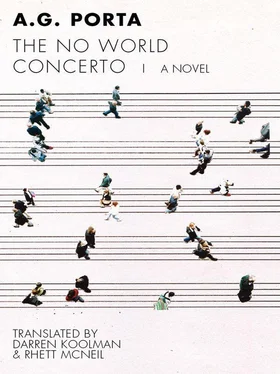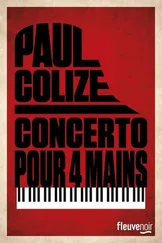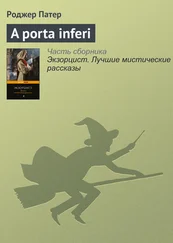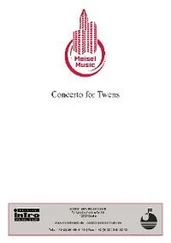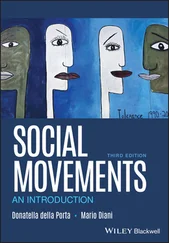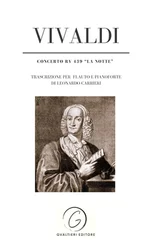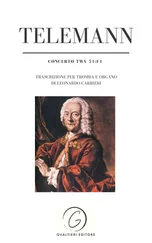The screenwriter finds he must resist his tendency for writing stories with duplicitous characters, the kinds with fake identities that usually feature in police-procedural dramas or spy movies and that become hackneyed through overuse, for he’s written about such characters before and he doesn’t want a rehash. The girl’s head is seething with information and she needs to relax. She decides to read something by this actor-dramatist the screenwriter recommended, a figure so central to the literary canon that everyone else seems to simply orbit around him, and so, according to the screenwriter, she could certainly learn a thing or two from him, assuming his greatness doesn’t prove so daunting that the girl is intimidated into silence. Perhaps she should read something more to her taste, he thinks, science fiction, say, but the screenwriter would prefer it if, from the beginning, she was reading only those works that have set the standards of literature. After spending some time reading, she feels the urge to write, but is somehow unable. The most she can do is smudge a page or two of her notebook with a few brief notes. She’s still wondering if the alias she discovered is in fact her father’s real name. This produces in her an immense desire to reveal her discoveries to the young conductor of the orchestra, but he’s already left with the other musicians. Maybe it’s for the best. These kinds of secrets shouldn’t be shared with anyone. Otherwise, she wouldn’t have taken care to leave her father’s room before he returned. Sometimes she feels she’s imprisoned inside a tower of gold, a room with a piano in the center reminding her constantly of her inescapable fate to be always and only a concert pianist. This was probably her mother’s intention anyway. The girl does some piano exercises while waiting for the journalist and photographer, both of whom eventually arrive at the same time. She receives them together while seated at the piano, answers the journalist’s questions while allowing the photographer to gather some shots of her puttering at the piano keys. At night, she goes searching for the young conductor in all the usual haunts, particularly those bars that happen to have foosball tables. She eventually gives up on the idea of showing up suddenly and surprising him, and decides to just call him on the phone. When they finally meet up, they end up having an argument because she catches him hitting on another girl. Then, after some hours, when the storm has blown over, and the new day dawns serenely over the river, the screenwriter decides that the camera should track slowly through the morning mist before alighting on the three friends seated together on a bench, their voices becoming audible as the camera closes in on them. “The clown, in an ecstasy / drinks deeply from the holy chalice to soothe his unrest,” they sing together in unison. A sad lyric, since all the poems the clown recites are sad and desperate. The girl, perhaps, would rather to be singing something else, as she stares vacantly past the opposite bank toward the horizon, her thoughts becalming themselves on a vanishing point in the distance. She should’ve gone to bed early. In a few short hours, she has to do a TV interview and then leave for a recital in her native city. She drank too much and took too many pills, and now she doesn’t really know what it is she wants. She does like the twelve-tone world though, is passionate about it — although the screenwriter dismisses it as a passing fad — a world of pure contrast between dissonance and harmony, in which pleasure is derived merely by finding different ways of resolving the conflict. She sits with her shoes in hand on the bank’s retaining wall reciting a poem, as if wishing to prolong the previous night’s adventure. The humidity around the river could damage her vocal cords, but she’s not thinking about her vocal chords right now. She recites in a style all her own, not in the soprano register, because she wants to surprise her audience. They certainly won’t expect to see her, the virtuoso pianist, swap the piano for voice. Beside her, the brilliant composer is cleaning his glasses on his shirttail, while the young conductor of the orchestra paces up and down in his Institute’s uniform, which he’d been wearing most of the night. He’s had too much to drink, and insists on telling the girl about some last-minute changes to the No World Symphony . The girl isn’t listening, though, being too tired and intoxicated to pay attention to his list of finicky alterations, not that she’d even remember or get the chance to rehearse them. She’s no longer jealous, their argument ended some time ago; and, although it’s the beginning of a new day, she feels as if the old one is still drawing to a close. The screenwriter sips the dregs of his glass and continues writing. He doesn’t know what shape these last moments will eventually have, since they only take a few seconds to transpire. He writes whole paragraphs he’ll probably cut from the final script, but he writes them anyway, because they give the story consistency, and because he’s in the moment. He thinks about the significance of that nightmarish work in which a mendacious clown wanders about aimlessly, without purpose or direction. Maybe the girl feels the same, that she too has no purpose or direction, that she too only tells lies. He thinks about when they first began meeting up in secret, far from prying eyes. He’d like her to think about him, even momentarily, as she sits on that riverbank. Maybe she is, he tells himself, before immediately banishing the thought. She knows it’s only part of a game. The screenwriter may not know the rules, but he supposes it’s a game to which she and the young conductor have decided to dedicate their lives, perhaps the brilliant composer too. At times they’re musicians, at other times hustlers or even aliens. Their whole life is part of a game. Sometimes, the screenwriter questions the girl about it, but her answers are always ambiguous. Maybe he’s just jealous, feels powerless for not knowing what to do about it, for not even knowing whether the girl’s desire to be a writer is also only part of a game.
The girl dreams she’s surrounded by invisible aliens that talk to her incessantly. One of them talks about the planet and its destruction. It’s hard to accept that something which took so much time and effort to build up could disappear in an instant. One supreme instant, the voice says, in which the world blows up and vanishes from sight. The girl looks around, disbelieving. She can’t see them, but she knows the voices aren’t lying. The thought then occurs to her that perhaps this has already happened, and that the world she knows is nothing but a transitory ripple in eternity’s ocean, a ripple careening through space, perhaps a part of the expanding shock wave propelling outwards from that initial explosion. Maybe we’re only information in a microchip, or in a machine that can recreate the past and fabricate the future. Maybe we’re nothing at all, she says while smiling at the emptiness around her from which the alien voices seem to come. When the alarm sounds the next morning, she’s hungover, and can barely remember her dream or her argument with the young conductor. It’s going to be a long day, she thinks, as she opens the curtains and looks down on the city through the double-paned windows, which insulate her from the noise outside. She hears the distant muttering of her father in the living room talking on the phone. She can’t utter a single word that doesn’t set off the throbbing in her head, so she avoids him. The air conditioner has the temperature much too low and she starts shivering, although maybe her hangover’s at fault, the alcohol and drugs having screwed up her body temperature. She takes a quick shower and then goes outside to breathe in the air and feel the pleasant warmth of the sun on her skin. But it seems the sun doesn’t agree very well with hangovers, for the bright light almost cleaves her head in two, so she quickly retreats back inside. Her father’s no longer on the phone and is sitting down reading a newspaper. Do you believe aliens really exist? she asks. The screenwriter’s having a hard time with this father-daughter scene. After writing and rewriting, the dialogue is still unconvincing, so he ends up just jotting down the main idea: a scene in which they go over their flight schedules, the TV interview, and the concert in her native city. They also talk about topics of interest to the girl. As regards the aliens, her father says, if they’re not around, it’s because they don’t exist. If they existed, she muses, there’d be an organization set up to prevent us from knowing anything about them.
Читать дальше
